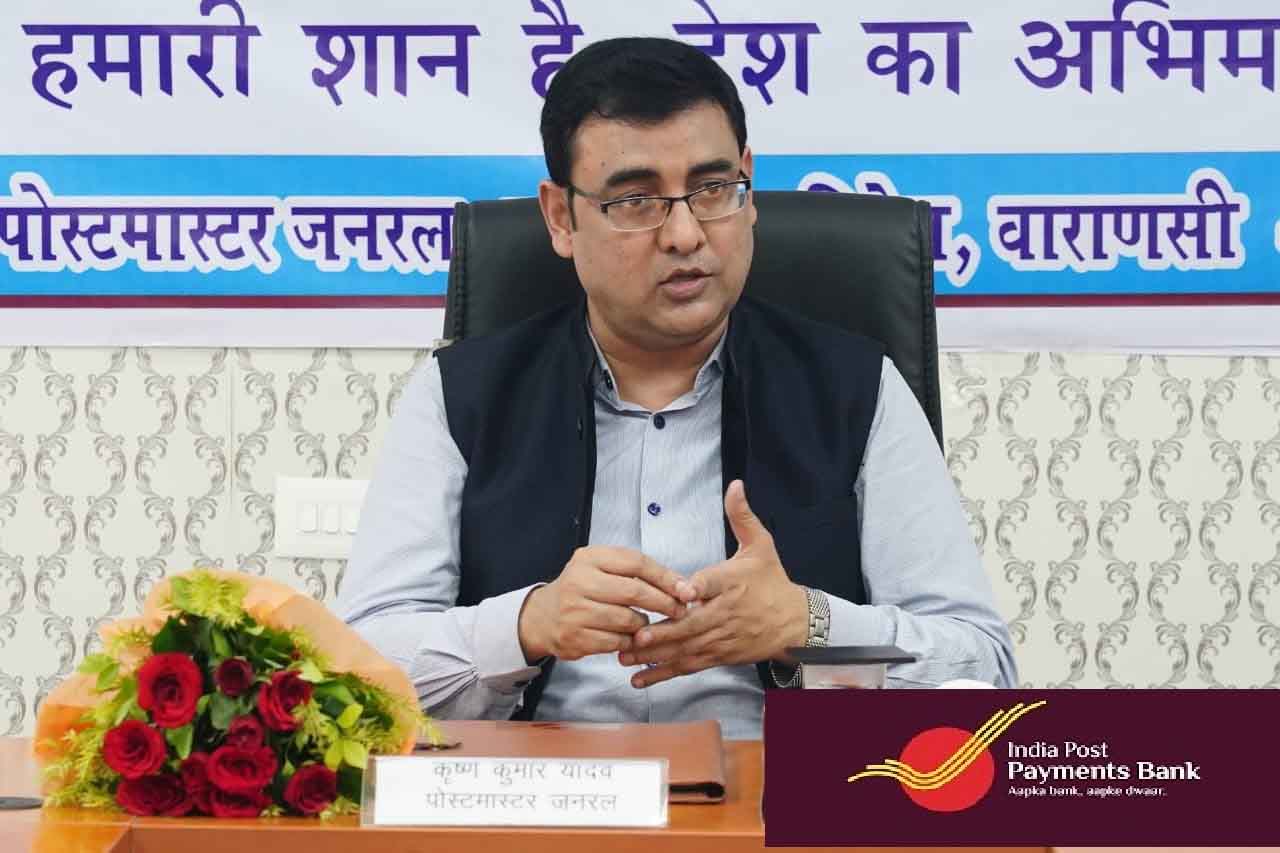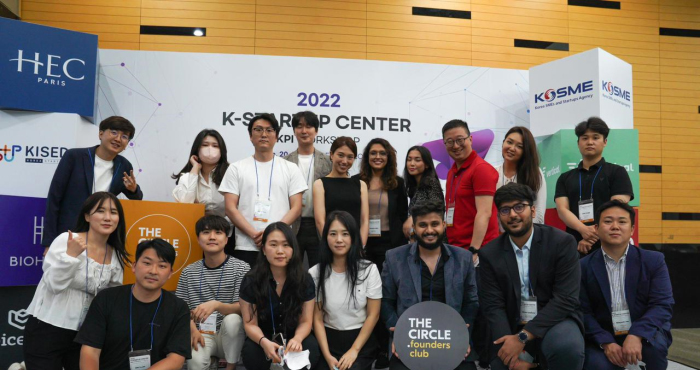New Delhi, July 11: E-commerce has transformed how business is done in India. Driven by digitization and internet penetration, the industry has created immense opportunities and convenience for consumers and sellers alike. The industry has shown steadfast growth, and is expected to grow from 4% in 2020 to 8% by 2025. However, the journey has not been without challenges.
The Parliamentary Standing Committee on E-commerce has come up with a report on ‘Promotion and Regulation of E-Commerce in India’ that examines and analyzes the various competition issues that exist in the e-commerce marketplace. It echoes the past efforts to formalize and implement the National E-commerce Policy and to have a regulator for the e-commerce industry. Although it is proposed that the National E-commerce Policy should avoid overlap of mandate amongst regulators, a majority of the recommendations are already addressed and regulated under some existing regulations.
While the report makes some beneficial recommendations to the sector, such as no distinction between foreign funded and domestic entities, increased investments in R&D in disruptive technologies to encourage innovation, a single window clearance facility along with the relaxation of regulatory approvals, and an extension of exemption for GST registration and GST composition scheme, some recommendations create more barriers than aid, and fail to provide clarity to all stakeholders.
Empower India, a leading policy think tank, hosted a panel discussion comprising ex-bureaucrats, legal experts and academicians, moderated by Shreya Suri, Partner, IndusLaw, to deliberate on the recommendations in the report and its impact on e-commerce in India. Speaking on this, Prof MV Rajeev Gowda, Ex-Member of Parliament, Rajya Sabha, said, “Legislation and regulation need to be proactive to establish the rules of the game to nurture markets such as e-commerce, while taking care of the interests of multiple stakeholders. They also need to be flexible and adaptable to respond appropriately to data and analysis as they emerge over time.”
Mr. Ramesh Abhishek, Former Secretary, DPIIT, said, “Regulators should view the retail market as a whole and should not differentiate between online and offline channels while making and enforcing regulations. The interests of consumers and MSMEs should be given priority by policy makers. The disparity between online and offline markets and micromanagement of the sector will adversely affect competition and will not bear any benefits for consumers.”
Abhishek Kumar, Secretariat, New Indian Consumer Initiative (NICI), said, “Without evidence of any explicit harm, we are ignoring the ancillary benefits of e-commerce. There is a need for both vertical and horizontal analysis of the marketplace while framing the policy, instead of over-regulating the sector. Smaller players must be encouraged to learn from large players and other countries. Integration of citizens and marketplaces is the ultimate purpose.”
Dr. Angshuman Hazarika, Assistant Professor, IIM Ranchi, pointed out, “We need to think of a simpler alternative if regulations increase compliance on small sellers. The goal is to create a level playing field for both large and small companies and come up with regulations that are not too stringent for the growth of small businesses.” He further added, “There is a need to understand shared accountability. E-commerce platforms are simply intermediaries in this ecosystem. If it is expected from the intermediary to be neutral, then we must establish how the role of intermediaries in neutral markets is maintained.”
Prof. D Daniel Sokol, Carolyn Craig Franklin Chair in Law and Business at USC, stressed, “There is a need for a collaborative approach between regulators and regulatees. When we think about investments, we are competing for capital globally. Too much regulation will lead to both money and people moving elsewhere.”
K Giri, Director General Empower India, talking about the initiative said, “Consultations like these are intended to provide our policymakers with enough data from experts for their consideration. India is at the cusp of unprecedented economic growth during a sluggish global economy and we should deter from taking any steps that may harm this growth.”
Press release










